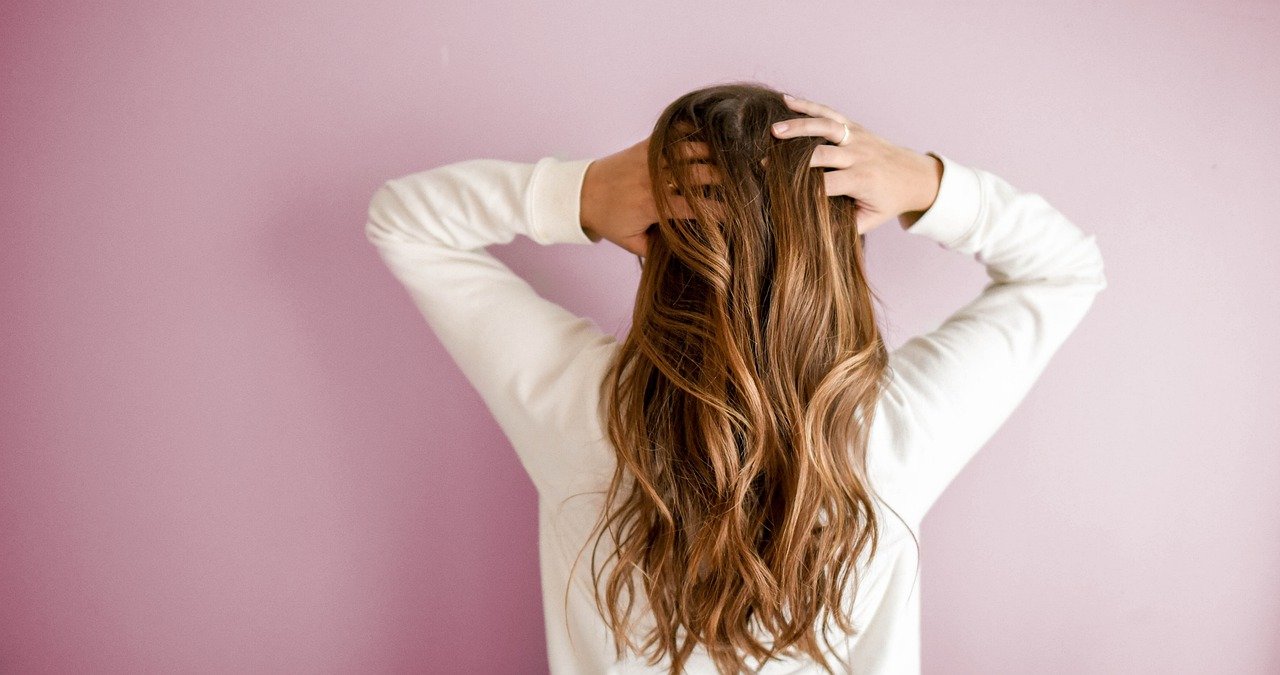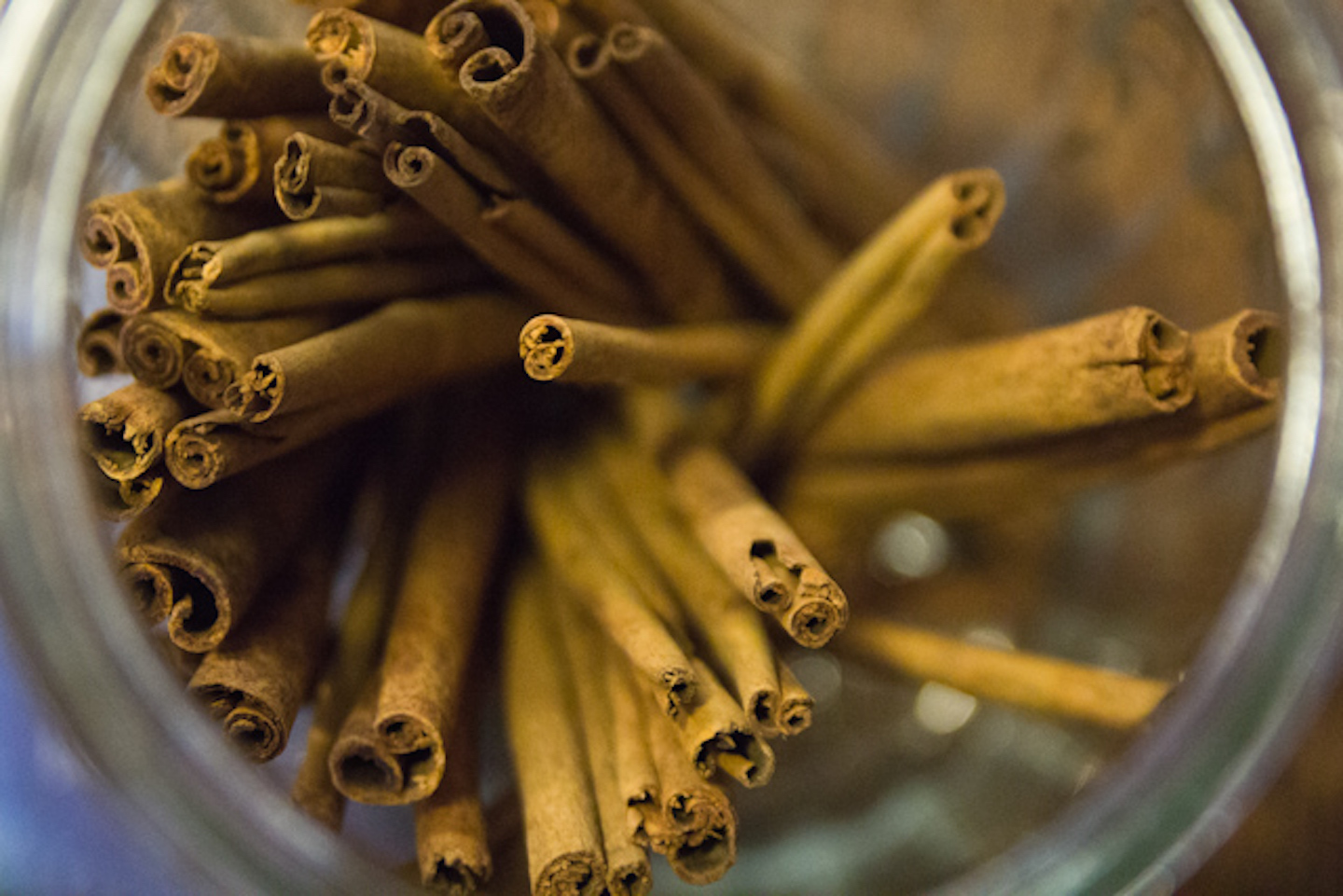
Did you know that mangoes 🥭 not only delight your taste buds but can also contribute to healthy and vibrant hair? Packed with essential vitamins, minerals, and antioxidants, mangoes offer a range of benefits that can support hair growth and improve the overall health of your locks. In this blog post, we’ll delve deeper into the potential of mangoes for promoting hair growth and share detailed tips on how to incorporate this tropical fruit into your hair care routine. Let’s dive in and discover the natural secrets of mangoes for luscious and beautiful hair! 🥭💆♀️💚
🌱 1. Rich in Vitamins and Minerals: Mangoes are a treasure trove of vitamins and minerals that play essential roles in maintaining a healthy scalp and promoting hair growth. Vitamin A, found abundantly in mangoes, helps in the production of sebum, the natural oil that moisturizes the scalp and keeps hair follicles nourished. Vitamin C, another prominent nutrient in mangoes, aids in collagen production, which is crucial for maintaining the structure and strength of hair. Vitamin E, yet another vitamin found in mangoes, improves blood circulation in the scalp, ensuring that hair follicles receive adequate nourishment. Additionally, mangoes contain minerals like potassium, folate, and iron, which are essential for promoting healthy hair growth from the roots. By incorporating mangoes into your diet, you can provide your body with these vital nutrients, ensuring that your hair receives the nourishment it needs for optimal growth. 🌱🌿🍊
💥 2. Antioxidant Powerhouse: Mangoes are a rich source of antioxidants, including beta-carotene, which help protect the scalp and hair follicles from oxidative stress caused by free radicals. Free radicals are unstable molecules that can cause damage to cells, including those in the scalp and hair follicles. The antioxidants in mangoes help neutralize these harmful free radicals, reducing the risk of oxidative damage and supporting a healthy scalp environment for hair growth. By incorporating mangoes into your diet or using hair products infused with mango extract, you can provide your hair with a natural defense against oxidative stress, helping to maintain healthy hair growth. 💥🌾🥭
🌿 3. Moisture and Hydration: Dry and dehydrated hair is prone to breakage and stunted growth. Mangoes are a hydrating fruit that can help combat dryness and provide essential moisture to your hair and scalp. The high water content in mangoes helps hydrate the scalp, preventing dryness, flakiness, and itchiness that can hinder healthy hair growth. Mangoes also contain natural sugars and fruit acids that help seal in moisture, keeping your hair soft, shiny, and manageable. Whether you choose to use mango-infused hair masks, conditioners, or apply mango pulp directly to your hair, the hydrating properties of mangoes can revive dry and lackluster locks, promoting healthier and more vibrant hair growth. 🌿💦🥭
🥭 4. Collagen Boost: Collagen is a protein that provides strength and structure to your hair strands. Mangoes contain vitamin C, which is essential for collagen production. By consuming mangoes or using hair products enriched with mango extract, you can provide your hair with the necessary building blocks for strong and healthy strands. Collagen helps improve hair elasticity, reducing the likelihood of breakage and promoting longer, thicker hair growth. Embrace the collagen-boosting properties of mangoes to enhance the overall health and appearance of your hair. 🥭💪🌿
🌴 Incorporating Mangoes into Your Hair Care Routine: 🥭💆♀️
- Mango Hair Mask: Create a nourishing hair mask by blending ripe mango flesh with a tablespoon of yogurt or coconut milk. Apply the mixture to damp hair, focusing on the roots and ends. Massage it into the scalp and hair, ensuring even coverage. Leave the mask on for 30 minutes to an hour, allowing the nutrients to penetrate the hair shaft and nourish the scalp. Rinse thoroughly with lukewarm water and follow with your regular shampoo and conditioner. This mango hair mask can deeply moisturize your hair, provide nutrients, and promote healthy hair growth.
- Mango Oil Scalp Massage: Mango oil is extracted from the seeds of mangoes and is known for its nourishing properties. Combine a few drops of mango oil with a carrier oil, such as coconut or jojoba oil. Gently massage the mixture into your scalp using circular motions for 5-10 minutes. The massage will stimulate blood flow to the hair follicles, promoting nutrient delivery and a healthy scalp environment for hair growth. Leave the oil on your scalp for an additional 30 minutes to an hour before washing it out with a gentle shampoo. Regular scalp massages with mango oil can help nourish the scalp, strengthen the hair follicles, and promote healthy hair growth.
- Mango-infused Hair Products: Look for hair care products that contain mango extract or oil as one of the main ingredients. Shampoos, conditioners, and leave-in treatments enriched with mango can provide your hair with the benefits of this tropical fruit. These products can help moisturize the hair, improve scalp health, and promote hair growth. Follow the instructions on the product labels for optimal results.
- Healthy Diet: While topical application of mangoes can offer benefits to your hair, it’s also important to nourish your hair from within. Incorporate mangoes into your regular diet as a delicious and nutritious snack or addition to meals. Alongside mangoes, ensure you consume a well-rounded diet that includes other hair-friendly foods such as leafy greens, nuts, seeds, fish, and eggs. A balanced diet that includes a variety of nutrients will provide comprehensive support for hair health and growth.
🌿🥭💆♀️ Remember to conduct a patch test before using any new hair products or ingredients, especially if you have sensitive skin or allergies. If you experience any adverse reactions, discontinue use immediately. It’s also important to consult with a dermatologist or trichologist for personalized advice if you have any underlying scalp conditions or concerns about your hair.
Disclaimer: This blog post is intended for informational purposes only and should not replace professional medical advice. If you have any underlying scalp conditions or hair concerns, it is always best to consult with a dermatologist or trichologist for personalized advice and treatment.










